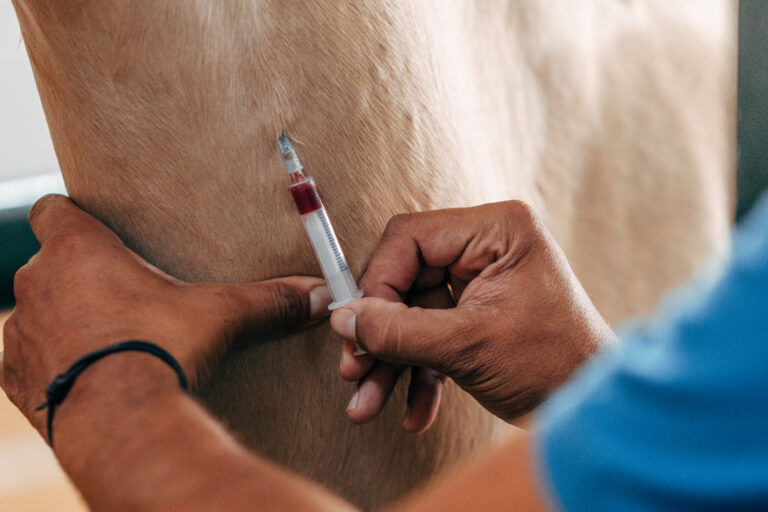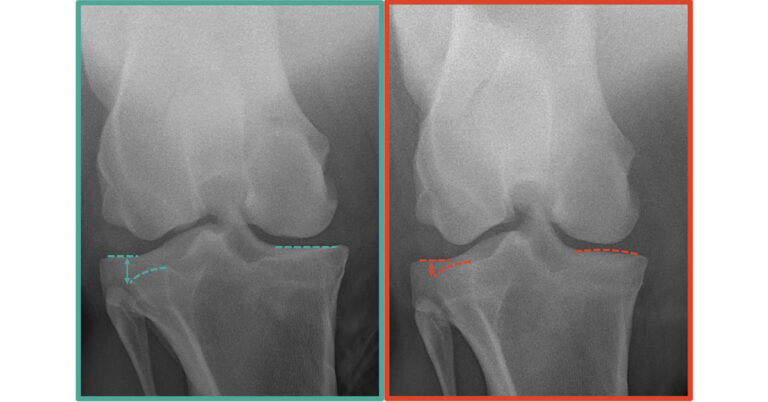
Antimicrobial resistance has become so widespread that any potential substance that helps to block microbial growth is celebrated. One product that has the potential to accomplish this objective is platelet lysate (PL), which is an acellular platelet-derived product rich in growth factors, bioactive serum proteins and cytokines.
A recent study evaluated the effect of platelet lysate derived from donor horses on multiple Gram-positive and Gram-negative organisms [Gordon, J.; Alvarez-Narvaez, S.; Peroni, J.F. Antimicrobial Effects of Equine Platelet Lysate. Frontiers in Veterinary Science, Aug 2021; doi: 10.3389/ f vets.2021.703414].
Bacteria-killing effects by platelets rely on production of oxygen metabolites as well as antibody-dependent cell cytotoxicity activated by peptides. The results are telling: The anti-microbial effects on exponential growth were amplified in a concentration-dependent manner with higher amounts having a greater effect on Gram-negative strains of E. coli and P. aeruginosa. This concentration-dependent effect did not apply to Gram-positive strains of S. aureus or E. faecalis. Higher concentrations did not further diminish growth of Gram-positive bacteria, yet reductions in bacterial growth persisted in the presence of platelet lysate. All strains of bacteria grew more slowly (10 times less over 24 hours) and with lower bacterial yields when in the presence of platelet lysate.
It is possible that repeated dosing intervals are necessary to achieve effective bacterial elimination. The best responses are seen at an undiluted concentration of 100% platelet lysate, yet 20% platelet lysate significantly reduced bacterial yield and growth of E. coli, P. aeruginosa, S. aureus and K. pneumonia, making it an efficacious and potential antimicrobial treatment.
The one concern the authors noted occurred with 100% platelet lysate added to a S. aureus culture. A floating biomass, also known as a biofloat, developed in synovial fluid and in chronic wound infections. Such an aggregate of bacteria helps to protect against host immune defenses and antibiotics. Clotting factors such as fibrinogen that occur in platelet lysate might contribute to formation of these biofloats, and the researchers are looking into modifications to counteract biofloat formation.
As experimental research continues on the use of platelet lysate as a broad-spectrum antimicrobial agent, future applications of platelet lysate might appear as a liquid or gel for use locally or systemically to treat skin grafts, joint infections or orthopedic repairs with implants, to name a few scenarios.
Another positive for use of platelet lysate is that it has strong anti-inflammatory effects without adverse effects on the gastrointestinal tract, unlike what is seen with typical antimicrobial agents or NSAIDs.








